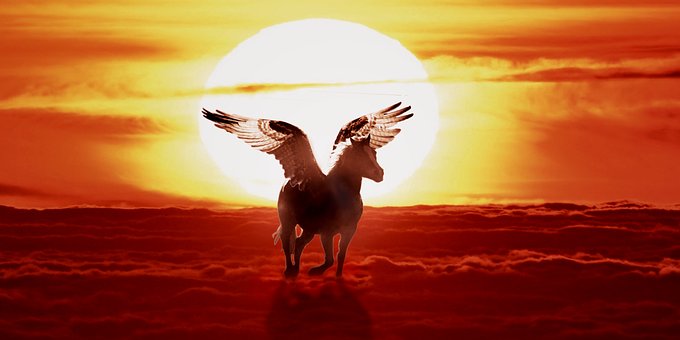Anatomy of Chronic Illness
January 25, 2014Giving Up
February 8, 2014Tradition vs Superstition
What is Chinese New Year? It is one of China’s oldest festivals. It marks the beginning of a new year and a new agricultural season, and is considered a time for loved ones to reunite and take part in traditions designed to bring good fortune for the next 12 months.
The Chinese zodiac is a calendar system originating in the Han dynasty (206-220BC), which names each of the years in its 12-year cycle after an animal: the rat, ox, tiger, rabbit, dragon, snake, horse, goat, monkey, rooster, dog and pig, in that order. According to this system, the universe is made up of five elements – earth, water, fire, wood and metal – which interact with the 12 animals, resulting in the specific character of the year ahead.
The animal signs of each year merely indicate how others see you or how you choose to present yourself. Most people do not realize that there are also animal signs for each month, known as inner animals, signs for each day, called true animals, and animals for each hour, or secret animals.
This year is the year of the horse and there is a belief that this is a year in which people are likely to stand firm on their principles, making negotiation difficult. The lucky colors of team horse are green, red and purple; the lucky numbers are three, four and nine, and the lucky flowers are giant taro and jasmine.
Best wishes for the Year of the Horse from SubstanceEducation.com
马年大吉 Mǎ nián dàjí
How do we separate superstition from tradition? Superstition is an irrational but usually deep-seated belief in the magical effects of a particular action or ritual and is an integral part of almost every culture around the world. Culture is distinctly human and is transmitted through learning traditions and customs that govern behavior. There are many ways in which people differ from one another by virtue of traditions handed down through the generations, and these are often admirable and worthy of respect.
The difference between cultural tradition and superstition is that a tradition is based on a set of beliefs concerning the cause, nature, and purpose of the universe whereas superstition is not based on reason, knowledge, or experience. Superstition is also applied to beliefs and practices surrounding luck, prophecy and spiritual beings, particularly the irrational belief that future events can be influenced or foretold by specific unrelated prior events.
Let us consider that both may be a metaphor for how we should live our lives. Regardless of where you come from, what your beliefs are, or how you engage in traditions, it is ultimately up to you as to how you move through life. Dealing with the struggles of life, be it addiction or another, calls for us to utilize our inner strength as well as our wisdom. The choice rests in your hands.
“When it is obvious that the goals cannot be reached, don’t adjust the goals, adjust the action steps.” – Confucius



